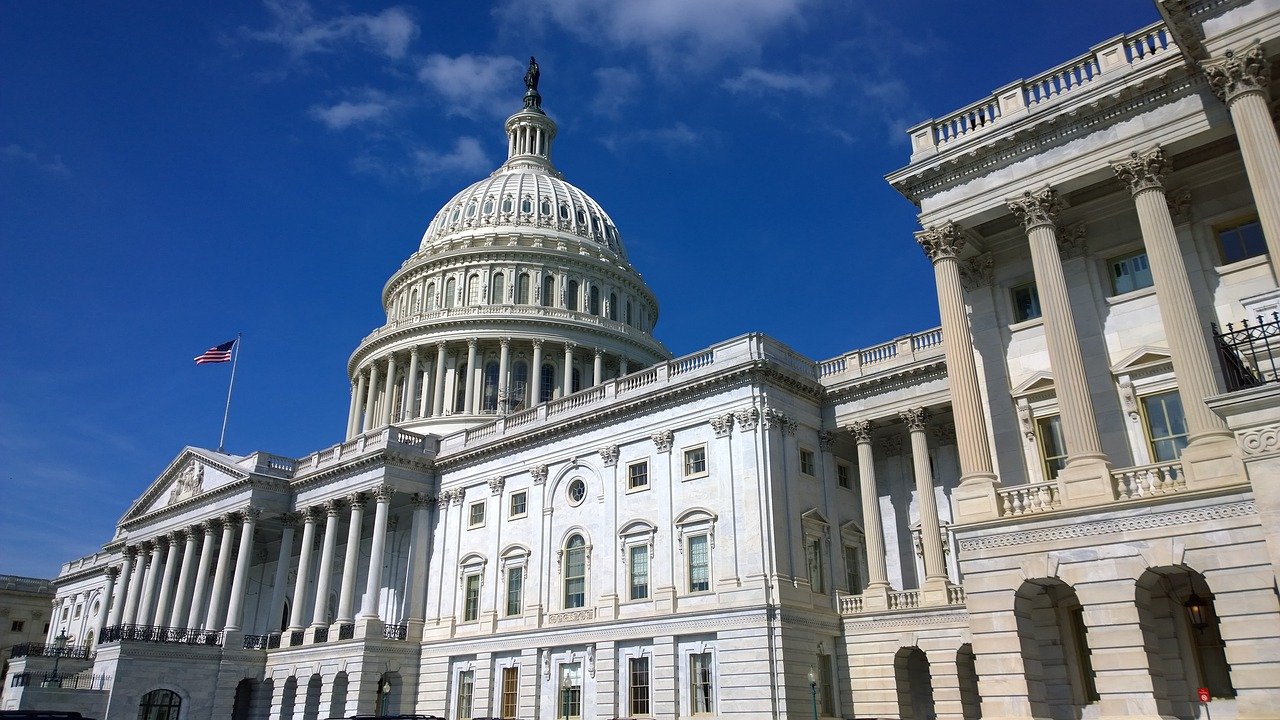Financial Regulation
What Just Happened to Crypto in the Senate and What Comes Next?
In the final hours of the US Infrastructure Bill proceedings, also known as the American Jobs Plan, an item was added which was designed to raise additional tax revenue via the Crypto Industry. Unfortunately, the original language of the bill labeled a “broker” as “responsible for regularly providing any service effectuating transfers of digital assets on behalf of another person.” Many in the crypto industry have argued that this language does not protect miners, stakers, software developers or many others who do not have and cannot get the information needed to comply with the law.
What Happened this Week?
Many Senators jumped into action with two competing amendments to try and change the language to something that simply makes sense. After days of delays and discussions, those Senators came together to introduce a compromised amendment with the support of Janet Yellen and the Treasury Department. By all accounts, it wasn’t perfect, but it was much better than nothing.
What Happened Today?
This amendment came to the Senate floor as the last item to be discussed prior to the bill moving forward for a vote. First, Senator Pat Toomey (PA), proposed the amendment, which needed 100% of the Senators to pass, also known as unanimous consent. Senator Richard Shelby (AL) stood up and basically said that he would object if another amendment for $50B in defense spending was not also approved. Senator Toomey agreed to the amendment with the spending, but that was objected to by Senator Berne Sanders (VT). They tried again with the defense spending not approved, but that was objected to by Senator Shelby.
Finally, Senator Ted Cruz (TX) made an impassioned plea to Senator Shelby to yield his objection to his own amendment, which would have removed all language in the bill about crypto, but Senator Shelby chose again to object.
This pushed the bill forward for tomorrow’s vote with the original language, rather than any amendments.
What Happens Next?
Next, the bill will be voted on and likely will pass. The bill then moves to the House of Representatives, where there is still hope for amended language to make it into the final bill.
If not, the laws will not going into place until 2023 and it is likely that there will be a number of cases that will be tried in high courts, maybe as high as the Supreme Court.





